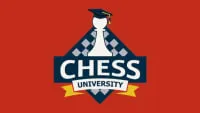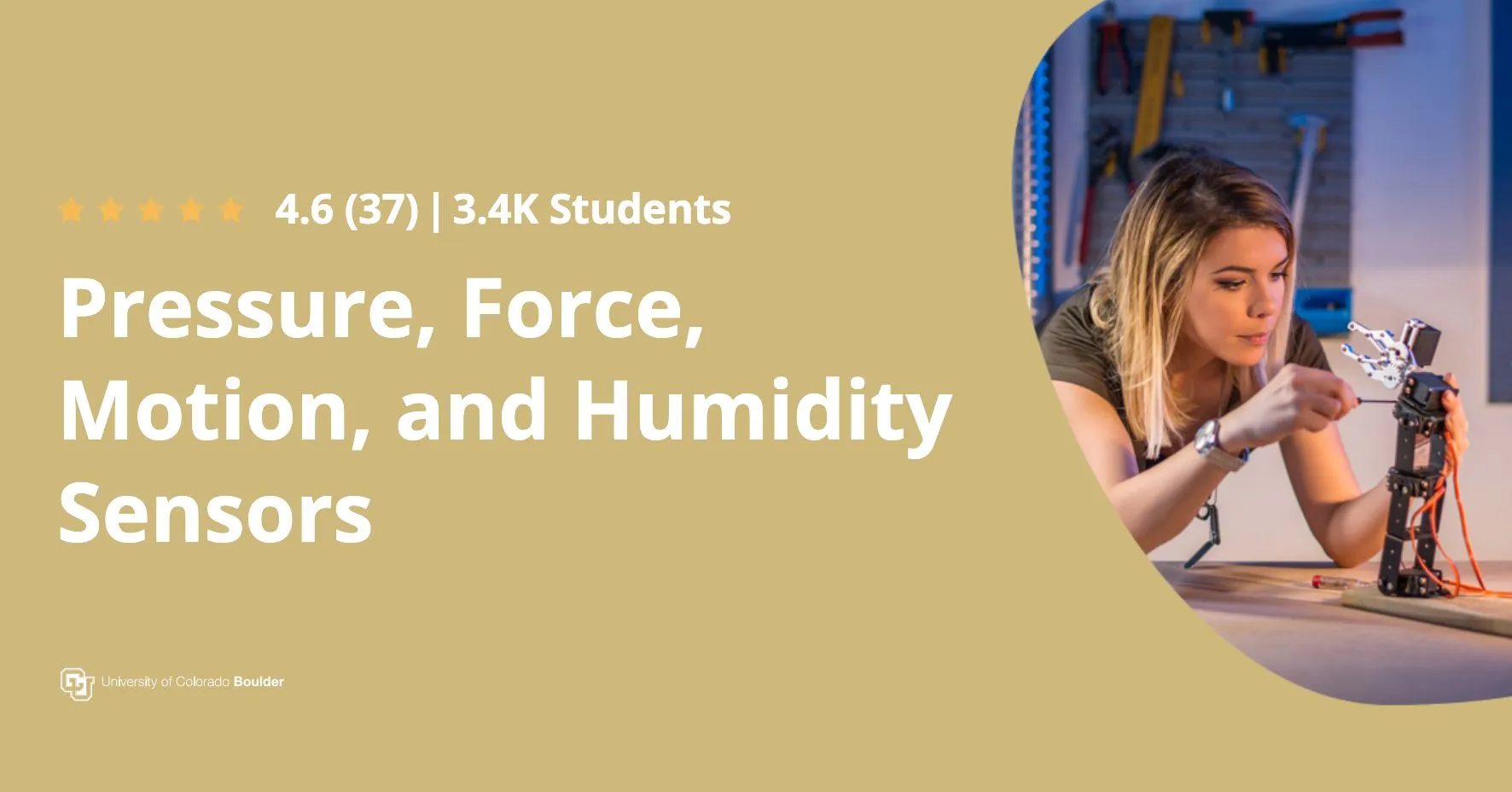
Understanding Material In Chess 
Gain the upper hand in chess by mastering the fundamentals of material. This guide provides the necessary tools to help players win more games. ▼
ADVERTISEMENT
Course Feature
![]() Cost:
Cost:
Free
![]() Provider:
Provider:
Udemy
![]() Certificate:
Certificate:
No Information
![]() Language:
Language:
English
Course Overview
❗The content presented here is sourced directly from Udemy platform. For comprehensive course details, including enrollment information, simply click on the 'Go to class' link on our website.
Updated in [April 29th, 2023]
Course Overview
This course is designed to help beginning chess players understand the material count in chess. It will provide an overview of the different pieces and their respective values, as well as how to make better piece trade decisions. By the end of the course, users will have a better understanding of the material count and be able to make more informed decisions when trading pieces.
Possible Development Directions
This course can be used as a foundation for further development in chess. Users can use the material count to develop their own strategies and tactics, as well as to analyze their opponents’ moves. Additionally, users can use the material count to identify weaknesses in their own play and to develop strategies to improve their game.
Related Learning Suggestions
In addition to this course, users can also benefit from studying other aspects of chess, such as openings, endgames, and tactics. Additionally, users can benefit from studying the history of chess and the strategies used by famous players. Finally, users can also benefit from playing against other players and analyzing their games to identify weaknesses and develop strategies.
[Applications]
The application of this course can be seen in the ability to make better piece trade decisions in chess. This will help beginning chess players (with less than 1000 Elo rating) to win more games. Additionally, the knowledge gained from this course can be used to better understand the material count in chess, which can be used to make more informed decisions in the game.
[Career Paths]
1. Chess Instructor: Chess instructors help students of all ages learn the basics of the game, as well as more advanced strategies. They can work in schools, clubs, or private settings, and may also offer online lessons. With the increasing popularity of chess, the demand for chess instructors is growing.
2. Chess Analyst: Chess analysts use their knowledge of the game to analyze the moves of professional players and provide commentary on their strategies. They may work for chess websites, magazines, or television networks. As the game of chess continues to gain popularity, the demand for chess analysts is expected to increase.
3. Chess Tournament Organizer: Chess tournament organizers are responsible for organizing and running chess tournaments. They must be knowledgeable about the rules of the game and be able to manage the logistics of the tournament. As the popularity of chess continues to grow, the demand for tournament organizers is expected to increase.
4. Chess Software Developer: Chess software developers create computer programs that can play chess. They must have a deep understanding of the game and be able to create algorithms that can accurately simulate the moves of a human player. With the increasing popularity of chess, the demand for chess software developers is expected to grow.
[Education Paths]
1. Bachelor of Science in Computer Science: This degree path focuses on the development of computer systems and software, and provides a strong foundation in mathematics, programming, and problem-solving. With the increasing popularity of chess-playing software, a degree in computer science can help learners develop the skills necessary to create and improve chess-playing algorithms.
2. Bachelor of Science in Mathematics: This degree path focuses on the development of mathematical skills and knowledge, and provides a strong foundation in calculus, linear algebra, and statistics. With the increasing popularity of chess-playing software, a degree in mathematics can help learners develop the skills necessary to create and improve chess-playing algorithms.
3. Bachelor of Science in Artificial Intelligence: This degree path focuses on the development of artificial intelligence systems and software, and provides a strong foundation in computer science, mathematics, and robotics. With the increasing popularity of chess-playing software, a degree in artificial intelligence can help learners develop the skills necessary to create and improve chess-playing algorithms.
4. Master of Science in Data Science: This degree path focuses on the development of data science skills and knowledge, and provides a strong foundation in machine learning, data mining, and predictive analytics. With the increasing popularity of chess-playing software, a degree in data science can help learners develop the skills necessary to create and improve chess-playing algorithms.
Course Syllabus
Introduction and Syllabus
Video Lesson #1 - Why Material Matters
Video Lesson #2: Getting Ahead and Maintaining Material
Pros & Cons

Informative and useful

Easy to understand

Excellent for beginners

Learned something new

Free Course

Too easy for some

No way to take quiz
Course Provider

Provider Udemy's Stats at AZClass
Discussion and Reviews
0.0 (Based on 0 reviews)
Explore Similar Online Courses

Unreal Engine 4 - Create a Standard Megascans Shader

Growth Hacking 101: Introduction to Growth Hacking

Python for Informatics: Exploring Information

Social Network Analysis

Introduction to Systematic Review and Meta-Analysis

The Analytics Edge

DCO042 - Python For Informatics

Causal Diagrams: Draw Your Assumptions Before Your Conclusions

Whole genome sequencing of bacterial genomes - tools and applications

Pressure Force Motion and Humidity Sensors

Appliance Testing Fundamentals

Basic Electrical Engineering
 Related Categories
Related Categories
Quiz
 Submitted Sucessfully
Submitted Sucessfully
1. What is the Elo rating?
2. What is the main benefit of understanding material in chess?
3. What is the recommended Elo rating for this course?


Start your review of Understanding Material In Chess